Department of Electronics and Embedded Systems
The department has a research and educational profile that covers electronics from a very broad range of basic topics including semiconductor device technology and circuits to systems integration and embedded systems implementation in industrial applications oriented to industry automation and medical electronics. Several application areas also cover internet of everything, interaction with e-science, electrical power systems, microsystems technology and brain-like computing.
Research areas
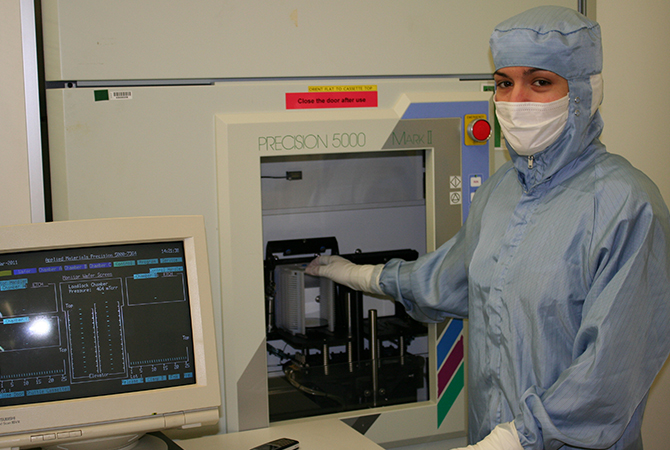
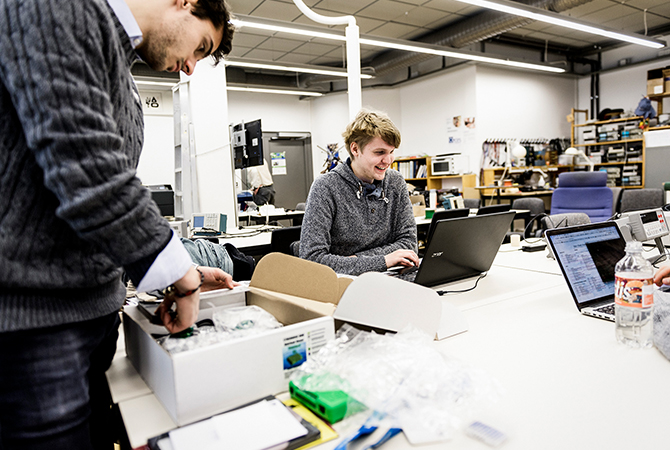
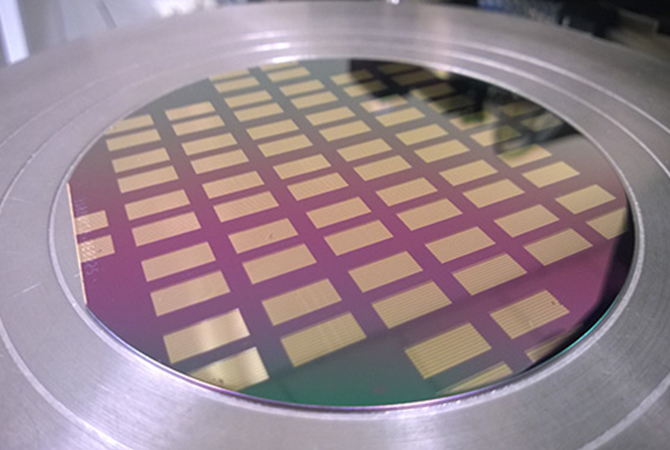
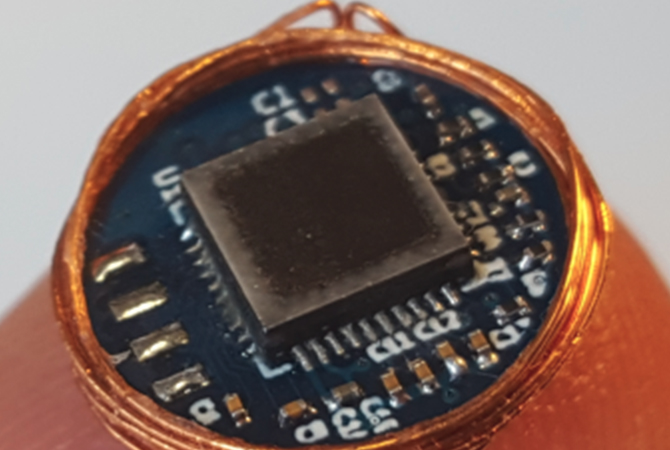
News

The mysteries of space - the theme of Space Rendezvous in Kista
Once again this year, KTH Space Centre, together with Smartare Elektroniksystem and Visit Kista, invites you to Space Rendezvous in Kista. This year's theme is the mysteries of space - from comets to ...
Read the article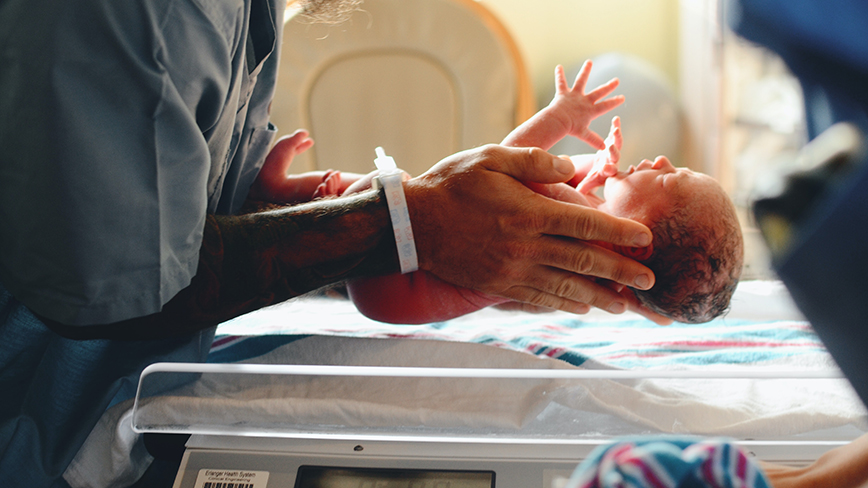
Research wants to change fetal monitoring at birth
Researchers at KTH and KI want to reduce the risk of organ failure in children during labour. Therefore, they have started a programme, "Continuous lactate measurement and preventive hypoxia during de...
Read the articleResearch behind the efficiency of mobile phone networks - one of the most highly cited
The research behind using mobile phone masts with many small electrically steerable antennas has been included in Clarivate's annual Clarivate Highly Cited Researchers 2023 list. ”This is of cours...
Read the articleCalendar
No up-to-date calendar events right now.
